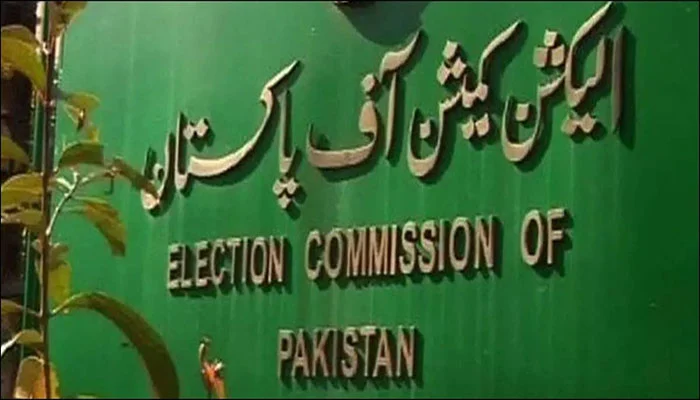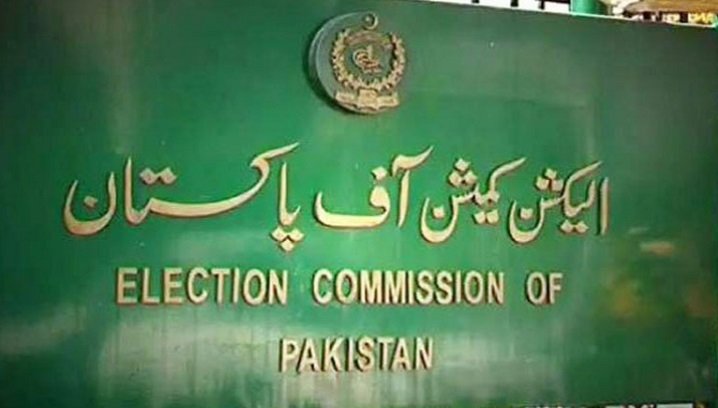ISLAMABAD: With the ECP’s decision to conduct a delimitation exercise on the basis of the new digital census, the general elections cannot take place in November.
Earlier, polls were also not held within the 90-day period in Punjab and Khyber-Pakhtunkhwa provinces and the interim setup continues in both the provinces till now.
Pakistan Tehreek-e-Insaf (PTI) chairman Imran Khan had dissolved the assemblies hoping that it would force the then federal government to go for snap polls. However, this did not happen.
The population census 2023 was approved just days before the previous government’s term concluded.
The ECP had initiated informal discussions with legal experts regarding the process of constituency delimitation, following the Council of Common Interest’s (CCI) endorsement of the seventh digital census on August 5.
Pertinently, Article 51(5) of the Constitution and Section 17 (2) of the Elections Act, 2017 stipulate the requirement for complete and published census data for delineating constituencies.

ECP obligates to initiate the delimitation procedure
Meanwhile, once the census data is officially released, the ECP is obligated to initiate the delimitation procedure.
A senior ECP official elucidated that there is no immediate necessity to announce the date for general elections, as a window until September 12 is available. Another official noted that the ECP could potentially extend this date until September 20.
Legal experts posit that the Supreme Court may play a role in orchestrating the next general elections. The actions of the upcoming Chief Justice of Pakistan, Qazi Faez Isa, could significantly influence the electoral landscape.
These experts suggested that the ECP should proactively approach the Supreme Court, seeking guidance on conducting elections within the 90-day timeframe following the digital census approval.
A recent judgment by Justice Munib Akhtar similarly advocates for the ECP to seek relief from the top court if executive authorities hinder the commission from fulfilling its constitutional duty under Article 220—ensuring fair elections.


